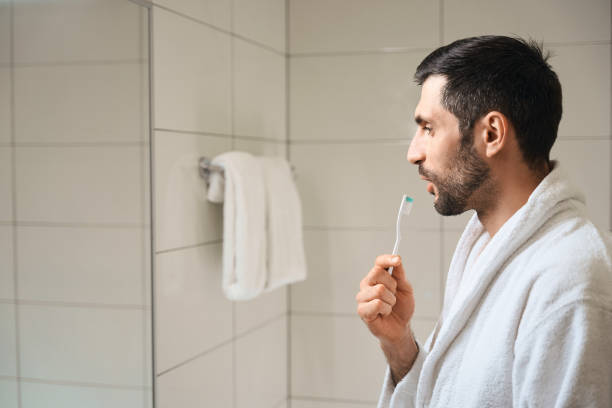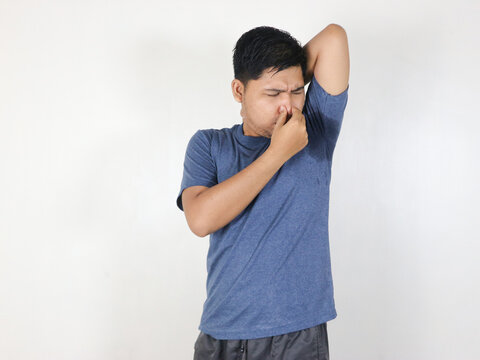
Maintaining proper dental hygiene is essential for overall health and well-being. While many people associate dental care with childhood habits, dental hygiene remains crucial throughout adulthood. Neglecting oral health can lead to cavities, gum disease, bad breath, tooth loss, and even systemic health issues such as heart disease and diabetes. This article explores best practices, common pitfalls, and the broader importance of dental hygiene for adults.
Table of Contents
Why Dental Hygiene Matters?
1. Preventing Gum Disease
Periodontal disease (gum disease) is a common issue among adults, especially as they age. Plaque buildup can cause gums to become inflamed (gingivitis) and, if untreated, progress to periodontitis—a more serious infection that damages soft tissue and bone, potentially leading to tooth loss.
2. Reducing the Risk of Tooth Decay
Adults are susceptible to cavities just like children. Receding gums expose more of the tooth and its root to plaque and bacteria, increasing the risk of decay.
3. Protecting Overall Health
Numerous studies have shown links between poor oral health and chronic diseases, including:
- Cardiovascular disease: Bacteria from inflamed gums can enter the bloodstream, potentially leading to clogged arteries and heart issues.
- Diabetes: Gum disease can make it harder to control blood sugar, and diabetes increases the risk of infections, including gum infections.
- Respiratory infections: Inhaling bacteria from infected teeth and gums can lead to lung infections, such as pneumonia.
(Also Read: 10 Daily Face Care Tips For Glowy Skin)
Essential Practices for Adult Dental Hygiene
1. Brushing
- Frequency: At least twice a day—ideally after each meal.
- Technique: Use a soft-bristled brush and fluoride toothpaste. Brush for two minutes, reaching all surfaces: front, back, and chewing surfaces.
- Replacement: Change your toothbrush or brush head every three months or sooner if the bristles are frayed.
2. Flossing
- Daily Routine: Floss once a day to remove plaque and food particles between teeth where a brush can’t reach.
- Proper Method: Gently curve the floss around each tooth and slide it up and down to avoid damaging the gums.
3. Mouthwash
- Use Antibacterial Rinses: Mouthwashes can help reduce plaque, prevent or reduce gingivitis, and freshen breath.
- Alcohol-Free Options: These are better for those with sensitive mouths or dry mouth issues.
4. Regular Dental Checkups
- Frequency: Visit your dentist at least twice a year for cleanings and exams, or more often if you have specific dental issues.
- Professional Cleanings: Even with perfect brushing and flossing habits, plaque can harden into tartar that only a professional can remove.
5. Lifestyle Considerations
- Diet: Limit sugary and acidic foods and drinks, which can erode enamel. Incorporate calcium-rich foods to strengthen teeth.
- Smoking and Alcohol: Smoking significantly increases the risk of gum disease, tooth loss, and oral cancers. Excessive alcohol consumption also contributes to oral health problems.
- Hydration: Drinking plenty of water helps wash away food particles and bacteria and promotes saliva production, which naturally protects teeth.
(Also Read: 7 Best Hygiene Tips for Athletes)
Common Dental Issues in Adults
Tooth Sensitivity
Worn enamel, receding gums, or tooth decay can cause sensitivity to hot, cold, or sweet foods. Desensitizing toothpaste and professional treatments can help.
Dry Mouth
Caused by certain medications, aging, or medical conditions, dry mouth increases the risk of cavities. Drinking water, chewing sugar-free gum, and using special mouthwashes can alleviate symptoms.
Oral Cancer
The risk of oral cancer increases with age. Regular dental checkups often include screenings for early signs of oral cancer, making them critical for early detection.
Tips for Improving Dental Hygiene Habits
-
Set Reminders: Use phone alarms to remind you to brush and floss.
-
Use Tools: Electric toothbrushes and water flossers can make cleaning more effective and easier, especially for those with limited dexterity.
-
Reward Yourself: Celebrate maintaining consistent dental habits to stay motivated.
-
Educate Yourself: Stay informed about dental health and new products or practices that can enhance your routine.
(Also Read: 7 Best ways Stop a Bleeding Shaving Cut)
Conclusion
Good dental hygiene is not a one-time effort but a lifelong commitment. As adults face additional risks to their oral health, proactive and consistent dental care becomes even more important. By following proper brushing and flossing techniques, attending regular dental checkups, and maintaining a healthy lifestyle, adults can preserve their smiles and protect their overall health well into their later years.
A healthy mouth is a key part of a healthy body and it’s never too late to start taking better care of it.










Leave a Comment